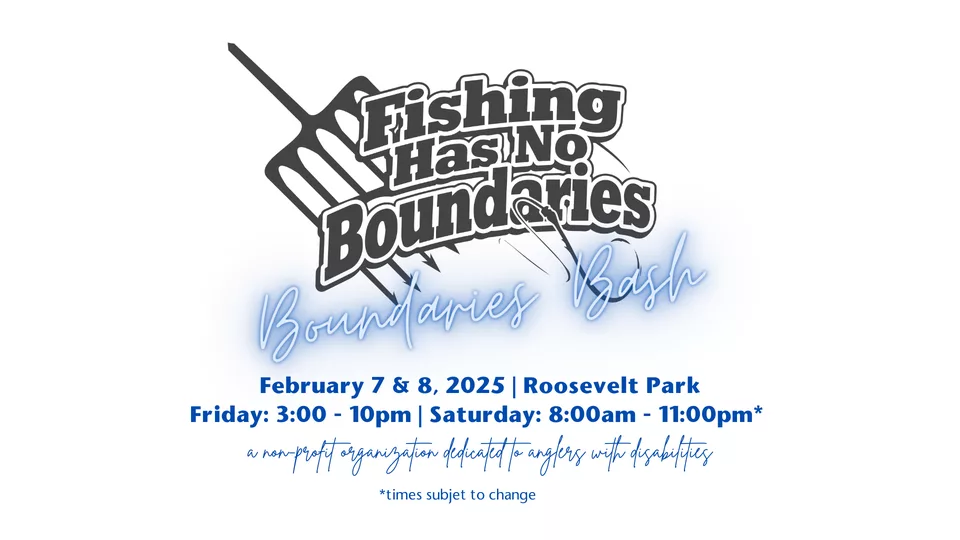MADISON, Wis. (AP) — Wisconsin Democrats and their allies will make one last attempt to block their Republican rivals’ contentious lame-duck laws on Monday during oral arguments before the state Supreme Court in a union lawsuit challenging the provisions. Things look bleak for the party after conservatives who control the high court upheld the statutes in another case this summer. Here’s a look at the laws, other attempts to defeat the measures over the last year and the case at hand:
WHAT EXACTLY IS HAPPENING ON MONDAY?
The Supreme Court will listen to oral arguments in a lawsuit that a coalition of labor unions filed in February challenging the laws. The arguments are largely a formality. All the parties have laid out their stances in filings with the court. But the proceeding does offer the justices a chance to ask questions that can reveal what they think about the case.
WHAT DO THE LAME-DUCK LAWS DO?
Republican legislators in December passed statutes designed to weaken incoming Gov. Tony Evers and Attorney General Josh Kaul before they took office. They prohibited Evers from ordering Kaul to withdraw from lawsuits, a move meant to prevent Evers from pulling Wisconsin out of a multistate lawsuit challenging the Affordable Care Act, also known as Obamacare. Evers ultimately was able to withdraw from the lawsuit when a state judge temporarily blocked the laws in March. They also forced Kaul to get permission from the Legislature’s Republican-controlled budget committee before he can settle lawsuits. That language has resulted in a bitter stalemate between Kaul and the committee. The attorney general has taken the position that settlements are confidential and he can’t share details of negotiations with the committee unless its members sign non-disclosure agreements. The committee has refused to comply to Kaul’s satisfaction. He says the Republican stance is leaving hundreds of millions of dollars in settlement money at risk. Republicans also granted themselves the right to intervene in cases using their own attorneys rather than Kaul’s DOJ lawyers, restricted early in-person voting to the two weeks prior to an election and required state agencies to either review publications explaining state law or take the documents down.







